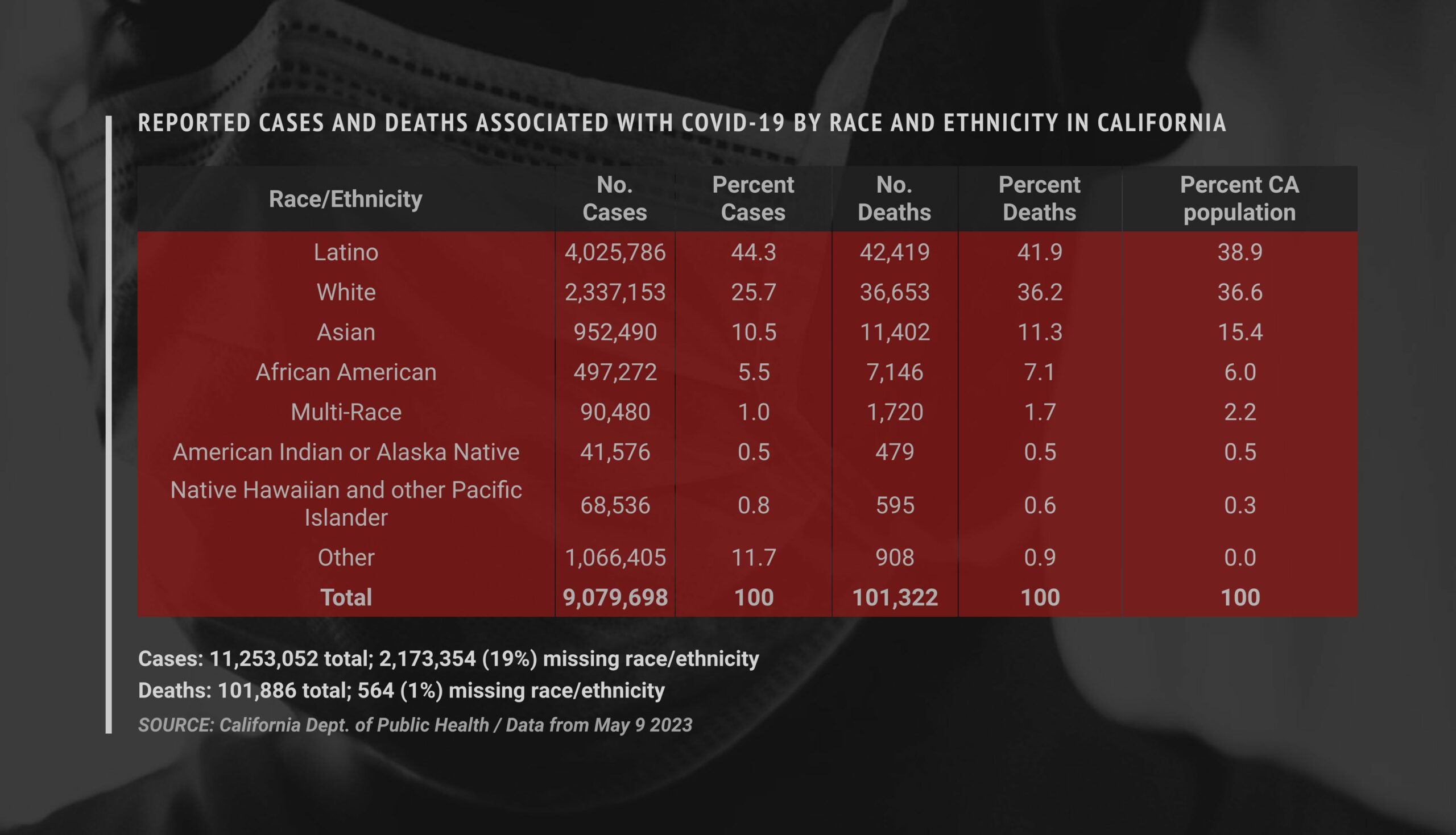Excavating The Future
Excavating the Future: Breaking the Silence
Rossana Pérez, healer and activist in the Salvadoran community of Los Angeles, talks about the transgenerational trauma that the COVID-19 pandemic exposed.
Los Angeles has the largest Central American population in the U.S., and the largest outside of
Central America itself. It is a community notable for its distinct regional culture — pupusas
outrival tacos in the densest Little Central Americas. And it is notable for its tenacity in the face
of hardship. It is a community of many survivors — having experienced not just one but several
generations of violence in its homelands — much of it linked to U.S. policy, which is why so
many Central Americans are here.![]()
The Central American community was among the hardest hit by COVID-19 in Los Angeles, for obvious reasons: an overrepresentation among essential laborers, multigenerational families living together in crowded housing conditions and a lack of access to quality health care.

This was a tremendous blow to a community carrying the burden of transgenerational trauma. But Central Americans in L.A. have also learned how to take care of their own. Among those on the front lines of the healing is Rossana Pérez, mental health advocate, poet, teacher and veteran community activist since arriving in this country in 1983 after surviving the worst of the civil war in El Salvador — imprisonment, the loss of loved ones and a forced migration to this country.
Pérez studied philosophy at the University of El Salvador, as well as literature at Cal State Northridge and creative writing at Antioch University, attaining two master’s degrees. She was a co-founder of El Rescate, one of the first Central American solidarity and social service agencies of the Salvadoran civil war era, as well as of the Clínica Monseñor Oscar A. Romero, the first community-based, nonprofit health clinic to serve the predominantly Central American community of the Westlake-Pico Union area of Los Angeles. She was also instrumental in the establishment of the first Central American Studies undergraduate degree program in the nation, at Cal State Northridge.
She currently works at the Children’s Institute, a nonprofit that aids youth exposed to adversity and poverty, in Los Angeles.
Copyright Capital & Main 2023

-

 Column - State of InequalityJanuary 22, 2026
Column - State of InequalityJanuary 22, 2026On Eve of Strike, Kaiser Nurses Sound Alarm on Patient Care
-

 The SlickJanuary 20, 2026
The SlickJanuary 20, 2026The Rio Grande Was Once an Inviting River. It’s Now a Militarized Border.
-

 Latest NewsJanuary 21, 2026
Latest NewsJanuary 21, 2026Honduran Grandfather Who Died in ICE Custody Told Family He’d Felt Ill For Weeks
-

 The SlickJanuary 19, 2026
The SlickJanuary 19, 2026Seven Years on, New Mexico Still Hasn’t Codified Governor’s Climate Goals
-

 Latest NewsJanuary 22, 2026
Latest NewsJanuary 22, 2026‘A Fraudulent Scheme’: New Mexico Sues Texas Oil Companies for Walking Away From Their Leaking Wells
-

 The SlickJanuary 23, 2026
The SlickJanuary 23, 2026Yes, the Energy Transition Is Coming. But ‘Probably Not’ in Our Lifetime.
-

 The SlickJanuary 27, 2026
The SlickJanuary 27, 2026The One Big Beautiful Prediction: The Energy Transition Is Still Alive
-

 Column - State of InequalityJanuary 29, 2026
Column - State of InequalityJanuary 29, 2026Are California’s Billionaires Crying Wolf?
